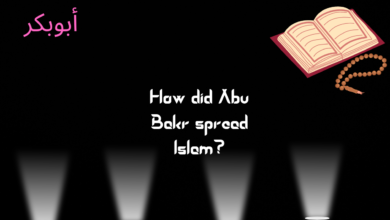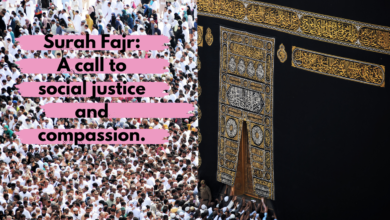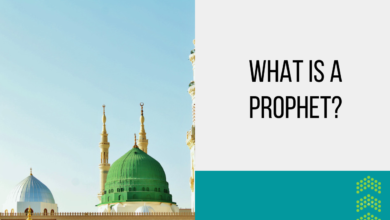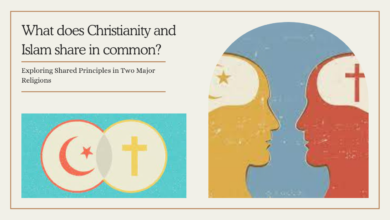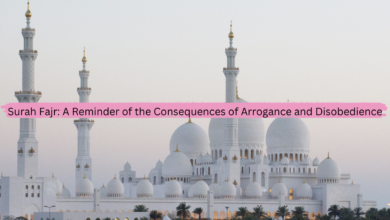What is dowry in Islam?
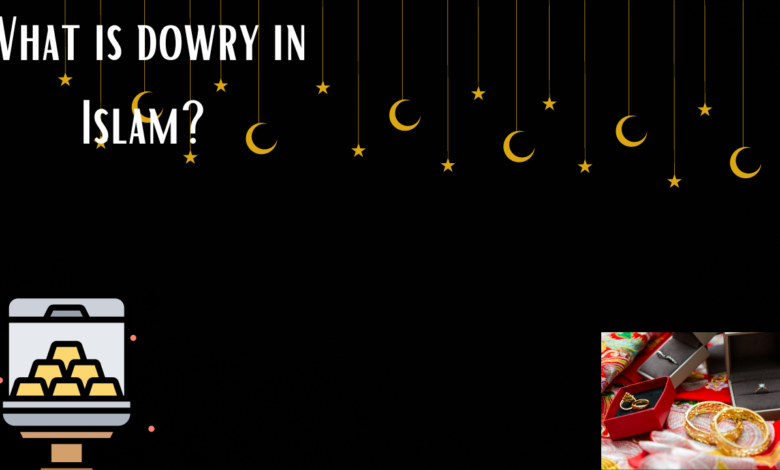
Introduction
Dowry, often referred to as “mahr” in Islamic terminology, is a subject that has been a topic of debate and misunderstanding both within and outside the Muslim community. It’s important to clarify the concept of dowry in Islam, as misconceptions and misinterpretations have led to negative stereotypes and controversies. Dowry, in the context of Islam, holds a profound significance that goes beyond mere material exchange.
The Essence of Mahr: Beyond Material Exchange
Contrary to common misconceptions, the concept of dowry in Islam is not rooted in the notion of a bride’s family giving away wealth to the groom’s family. Instead, it’s a symbolic and honorable practice aimed at recognizing the rights and dignity of the bride. The word “mahr” itself is derived from an Arabic root meaning “to give” or “to bestow.”
In Islamic tradition, the mahr is a gift given by the groom to the bride as an expression of his commitment, responsibility, and appreciation for her. This gift can be in the form of money, possessions, or any other valuable asset. However, the amount is not fixed or predetermined, and it can vary greatly based on cultural norms, economic conditions, and the understanding between the couple. The key principle is that the mahr should be given willingly and without any form of coercion.
Quranic and Prophetic Guidance
The concept of mahr is deeply rooted in the Quran and the Sunnah (the teachings and practices of the Prophet Muhammad). In the Quran, Surah An-Nisa (4:4) mentions: “And give the women [upon marriage] their [bridal] gifts graciously. But if they give up willingly to you anything of it, then take it in satisfaction and ease.”
This verse emphasizes the importance of giving the mahr willingly and wholeheartedly. It also highlights that if the bride chooses to offer a portion of the mahr back to the groom, it should be accepted with gratitude and kindness.
Empowerment and Protection of Women
Islam places great emphasis on the rights and dignity of women. The mahr serves as a means of financial security for the bride. It is her personal possession, and she has full control over how she uses it. In case of divorce or the death of the husband, the mahr acts as a safeguard for her future. This ensures that a woman is not left in a vulnerable position in such circumstances.
Furthermore, the mahr is a tangible representation of the husband’s commitment to taking care of his wife. It reflects his responsibility to provide for her emotional and financial well-being throughout their marriage.
Dispelling Misconceptions
Misunderstandings about dowry in Islam often arise from cultural practices that are intertwined with the religious concept. Islam does not condone or promote extravagant demands or undue financial burden on the bride’s family. The practice of demanding exorbitant dowries or treating them as transactions is a deviation from the true spirit of Islam.
In Conclusion
Dowry, as understood in Islam, is far from a transactional exchange or a burdensome obligation. It embodies mutual respect, commitment, and the empowerment of women. The mahr symbolizes the groom’s acknowledgment of the bride’s worth and his dedication to her well-being. As with any religious concept, understanding dowry in Islam requires a nuanced and comprehensive perspective that takes into account both the textual sources and the cultural contexts.
FAQs about Dowry in Islam
What is dowry in Islam?
Dowry in Islam, also known as “Mahr,” is a financial gift or payment given by the groom to the bride as part of the marriage contract. It signifies the groom’s commitment and responsibility to provide for the bride’s well-being and security.
Is dowry mandatory in Islam?
Yes, providing a dowry (Mahr) is considered a mandatory obligation in Islam for the groom. It is a demonstration of his commitment and financial responsibility toward the bride.
Is the dowry given only in the form of money?
No, the dowry can be given in various forms, including money, property, valuable items, or any agreed-upon assets that hold value. It should be something meaningful and beneficial for the bride.
there a specific amount of dowry prescribed in Islam?
There is no fixed amount for dowry prescribed in Islam. It varies based on cultural practices, economic conditions, and the agreement between the couple and their families. The dowry should be a reasonable and fair amount.
Can the bride ask for a specific dowry amount?
Yes, Islam gives women the right to negotiate and agree upon the dowry amount before marriage. It should be a mutual agreement between the bride and groom, without any coercion.
What is the significance of the dowry in Islam?
The dowry serves as a symbol of the groom’s commitment to support and provide for the bride. It also acts as a form of financial security for the bride in case of unforeseen circumstances, such as divorce or the death of the groom.


